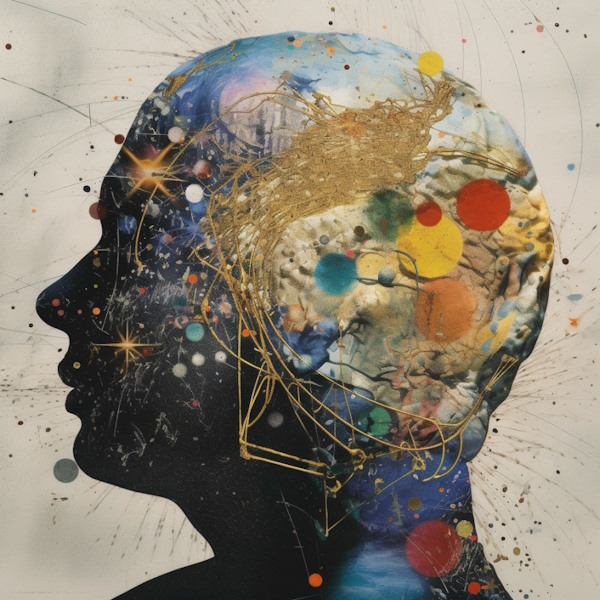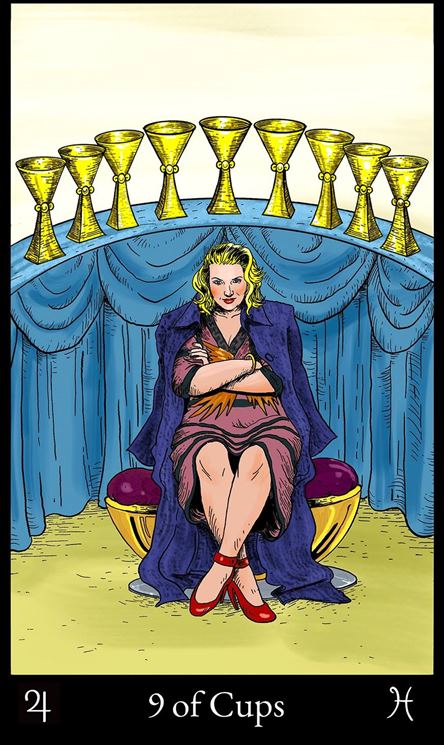Juno Conjunct Ceres ~ Planet Aspects

"I have a natural ability to create nurturing and harmonious relationships, where both parties feel supported and cared for."
- Reflecting on nurturing qualities
- Creating harmonious connections
Juno Conjunct Ceres Opportunities
- Reflecting on nurturing qualities
- Creating harmonious relationships
Juno Conjunct Ceres Goals
Juno Aspects
Juno: The Covenant of Partnership
In the natal chart, Juno, named after the Roman goddess of marriage and commitment, signifies the nature of one's ideal partnership and the qualities one values in long-term commitments. It delves deeper than just romantic inclinations, revealing insights into how an individual perceives loyalty, what they expect in terms of fairness within a union, and their innate approach to contracts, be they marital or otherwise. Juno's position by sign can indicate the kind of partner one is drawn to or the style of partnership that resonates most deeply. For instance, Juno in Leo might seek a dramatic, passionate, and loyalty-driven relationship, while Juno in Gemini might prioritize intellectual rapport and communication.
Juno's Sacred Vows
Beyond sign placement, the house Juno occupies shows the arena of life where one seeks deep commitment and where themes of contractual bonds might play out. For instance, Juno in the 10th house might indicate a person whose commitment is closely tied to their career or public life, perhaps suggesting business partnerships or a marriage that holds significant public importance. Aspects to Juno, whether harmonious or challenging, reveal nuances in how one navigates long-term commitments. A square to Venus might suggest tensions in balancing personal desires with partnership obligations, while a trine to Mercury could point to a harmonious communicative bond with a partner. Juno's intricate dance in the natal chart sheds light on the sacred vows one is inclined to make and the nature of the unions one seeks.
Juno Conjunct Ceres Meaning
When Juno, the asteroid of partnership and commitment, aligns with Ceres, the asteroid of nurturing and abundance, it brings a unique dynamic to your relationships. This aspect suggests that your commitment to nurturing and supporting others is deeply intertwined with your sense of partnership and connection.
You have a natural ability to create nurturing and harmonious relationships, where both parties feel supported and cared for. Your sense of partnership extends beyond the traditional notions of romantic relationships and encompasses all types of connections, whether it be friendships, family bonds, or professional collaborations.
This aspect invites you to reflect on the ways in which you can bring your nurturing qualities into your relationships. How can you create a space where both you and your partner can feel supported and nourished? How can you cultivate a sense of harmony and balance in your connections?
By embracing your nurturing side and integrating it into your partnerships, you have the potential to create deep and fulfilling relationships. Your ability to care for others and provide them with emotional support adds a layer of security and stability to your connections. Keep in mind that nurturing is not a one-sided endeavor; it requires mutual care and reciprocity. How can you encourage a balance of giving and receiving in your relationships?
Juno Conjunct Ceres Keywords
Unlock the secrets to prosperity with our Abundance report. Explore how your birth aspects influence your wealth and security. Learn how to attract and maintain abundance in all areas of your life.
Our user-friendly layout guides you through the various aspects of abundance, providing clear and actionable insights. By using your precise birth details, we ensure unmatched accuracy, delving deeper with the inclusion of nodes and select asteroids for a complete picture of your financial and personal prosperity.












































